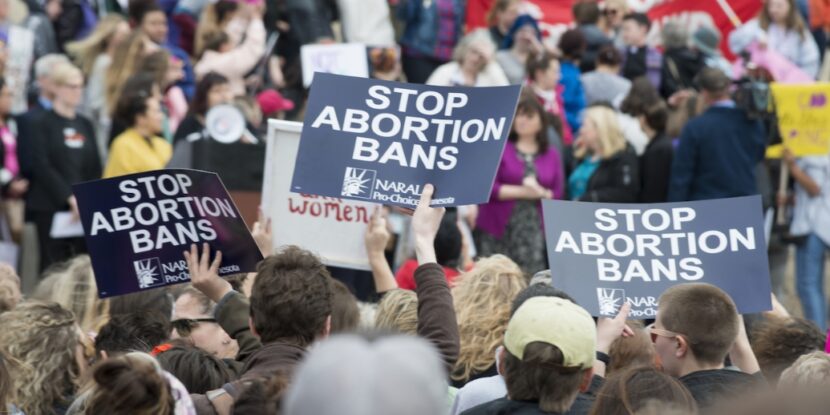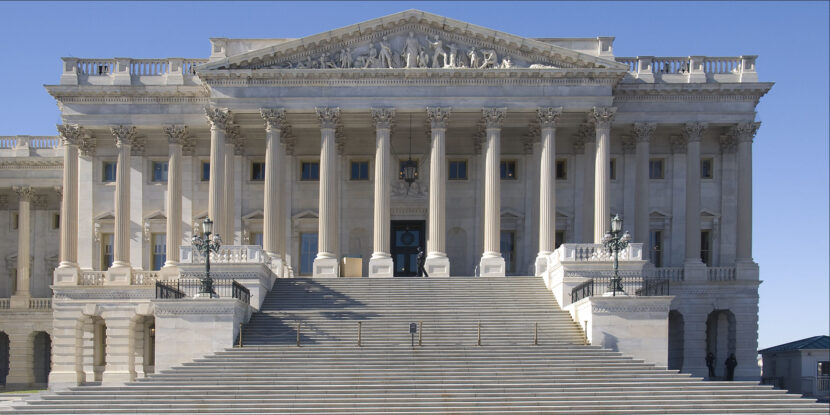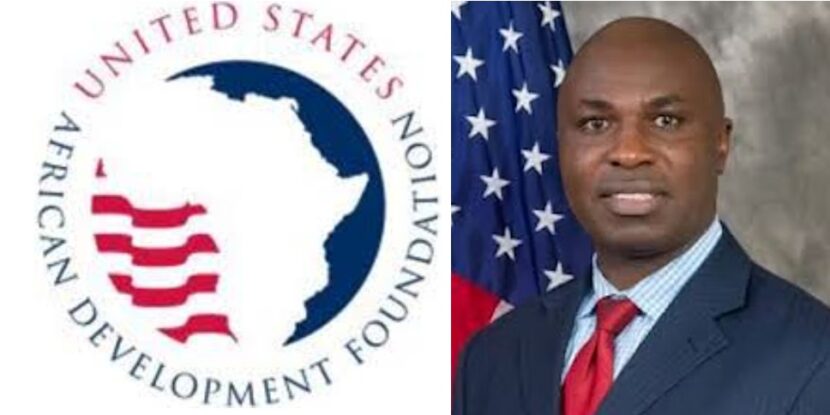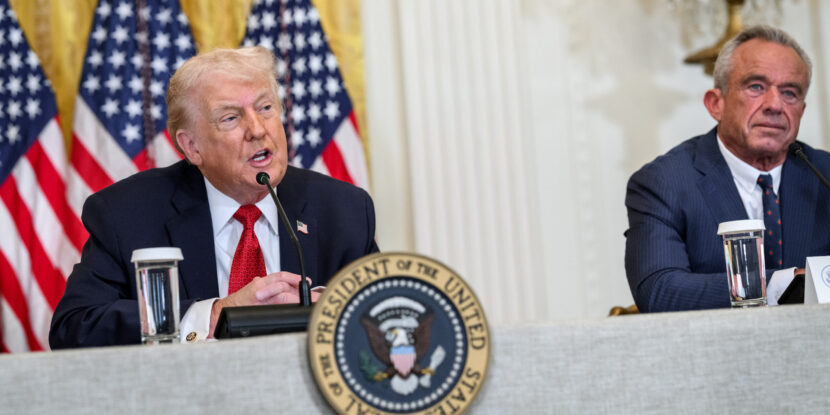Americans continue to be split on the issue of abortion, with new polling indicating that a narrow majority want Congress to enact a law that would restore its legal treatment under Roe v. Wade. Among Americans at large, 54 percent say they want lawmakers to maintain the legality and accessibility of abortion under Roe. Meanwhile, 56 percent of registered voters say the same.
This is the highest level of support for permissive access to abortion seen in the Yahoo News/YouGov survey since they began asking the question following the U.S. Supreme Court‘s decision to overturn Roe v. Wade in 2022. Far-reaching state-level abortion restrictions are likely the cause for increased polling support for Roe-esque access laws. In Arizona, the state’s Supreme Court recently reinstated an 1864 law that bans abortion in almost every case.
The Arizona abortion ban is unpopular among a broad swath of the electorate. Polling shows 57 percent of Americans disapprove of the court’s decision to reinstate the law. Meanwhile, President Joe Biden’s 2024 re-election campaign hopes to capitalize off of voter sentiment against restrictive state-level abortion laws. They’ve launched large ad buys in several swing states focusing on the issue. The National Pulse reported in mid-April that the Biden campaign launched a seven-figure ad buy in Arizona focusing on abortion and the President’s support for pro-choice policies.
However, the narrow-majority support for Roe v. Wade-style permissive abortion laws may not be all good news for the Biden campaign. An Emerson College poll of voters in Florida from April 12 shows the issue of abortion ranking relatively low among voter concerns. Despite Florida residents saying they supported a state referendum enshrining permissive abortion rights in the Sunshine State, former President Donald Trump held a double-digit lead over Biden. This appears to indicate that most don’t associate Trump with state Republican efforts to restrict abortion access. Additionally, it suggests that abortion is not a vote-moving issue, meaning it ranks relatively low in terms of voter intensity.




















